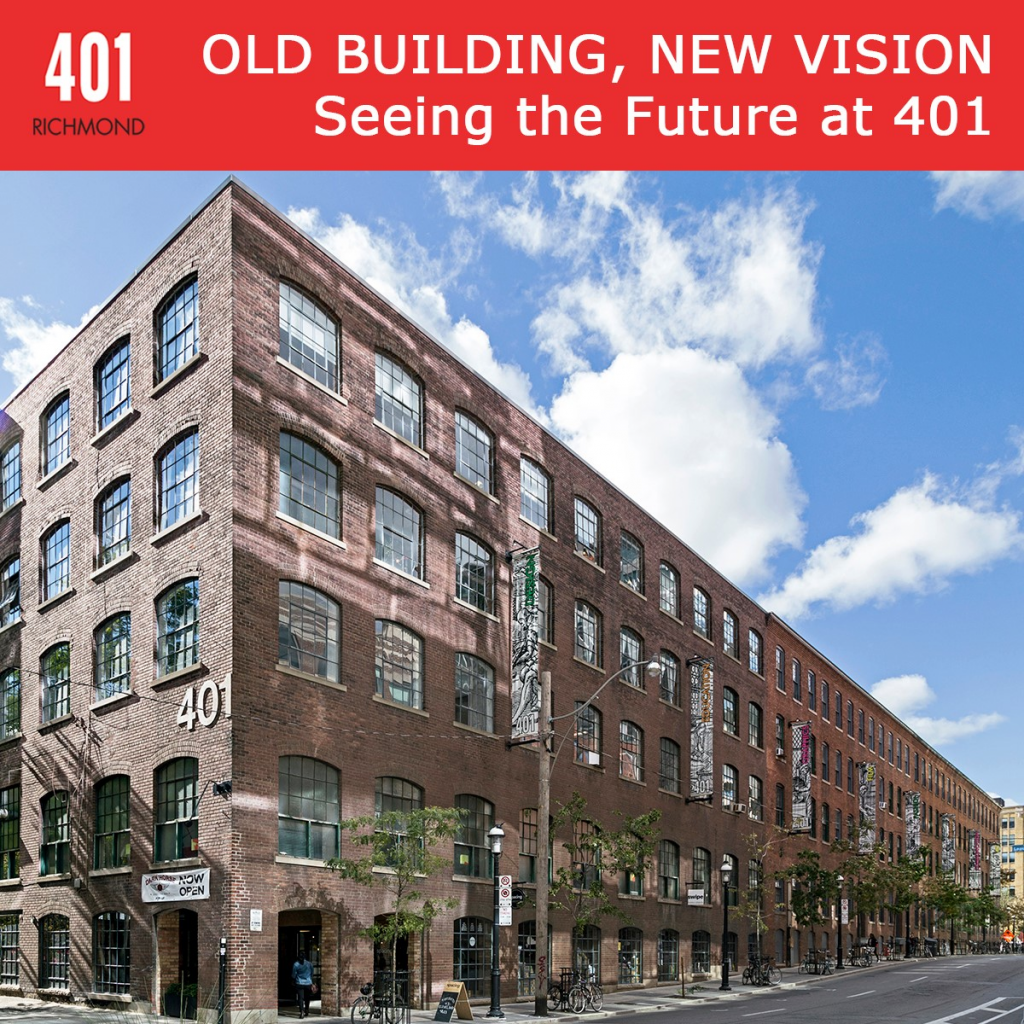Revised: April 29, 2025
Today, we sympathize with Rogers staff and customers, as we know how critical connectivity is for those of us working at home or from the office, and for businesses big and small. We hope to see their network restored shortly. In the meantime, we encourage you to check out our public WiFi locations across Toronto – they are all up and running for you to connect.
At Beanfield, we have long been vocal behind the scenes about the importance of choice and our views on Canada’s telecom oligopoly. We’ve made ourselves well-known at Toronto City Hall and raised our concerns to the CRTC and Competition Bureau. We believe that competition results in resiliency and highly connected communities. Without it, we’ve seen prices soar, systems set up to discourage fibre investment, the rise of power of the “Big 3”, and today, we feel just how big of an impact a single point of failure can have on our livelihoods and broader economy.
We wish that we could say things are heading in the right direction, but that simply wouldn’t be true.
Beanfield got its start in a community where businesses had little to no options for telecom services. We are lucky to have thrived when so many small providers haven’t, and we’ve always considered ourselves the alternative to the big players. We believe in choice for customers to encourage investment in high-quality services, to make pricing fair and equitable, to build resilient communities, and to make sure that our Canadian ecosystems will never be brought down by an outage from a single provider.
That’s how it should be.














